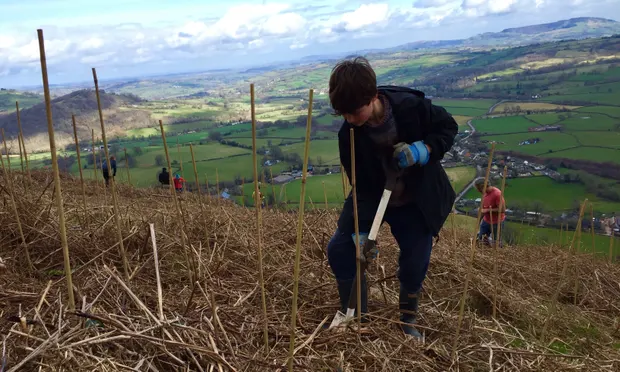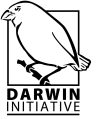Announcement of Darwin Extra Funding for the GBS
We are very pleased to announce that the Global Biodiversity Standard (GBS) has been awarded five years of funding from the UK Government’s Darwin Extra fund! The funding will be instrumental in the development and testing phases, and the launch and roll out of the GBS. As mentioned in our February update, the testing phase will be undertaken with partners in our initial six hub countries; Kenya, Uganda, Madagascar, India, Peru and Brazil.Methodology Testing
In the first steps to roll out testing for the GBS, we are holding a number of meetings with our hub and technical partners including the Society for Ecological Restoration (SER), CIFOR-ICRAF, 1t.org, Plan Vivo, TRAFFIC and Ecosia. An early meeting with biodiversity data experts for Sumatra along with the team at Space Intelligence has begun our testing of the remote sensing methodology with a particular focus on Riau and Jambi provinces in Sumatra. We are continuing to test methodology with our partner Huarango Nature in Peru who will be field testing the ground survey methods in May. With confirmation of our funding, we can now begin to implement testing with our technical and hub partners in all of our six focus countries.Development of Education Materials
Through working with our partners in the Ecological Restoration Alliance of Botanic Gardens (ERA) we have been collating educational materials to develop the training modules associated with the GBS. As part of our mentoring scheme to share knowledge and improve restoration practice globally, training modules will cover how to conduct a GBS assessment and will provide instruction in achieving better biodiversity outcomes in restoration and tree-planting, including:- Biodiversity survey and inventory
- Use of spatial planning tools and data for tree-planting and forest restoration
- Development of climate-appropriate portfolios of tree diversity
- Enhancing seed and seedling supply systems to support climate-adapted species and varieties (national-level seed systems and tree-breeding programmes)
- Conservation horticulture, nursery establishment and species recovery
- Conservation monitoring and evaluation
- Community engagement
- Ecological restoration techniques
- Standards of practice for implementing ecological restoration, including social and governance standards
- Increasing biodiversity in forestry and agroforestry systems


